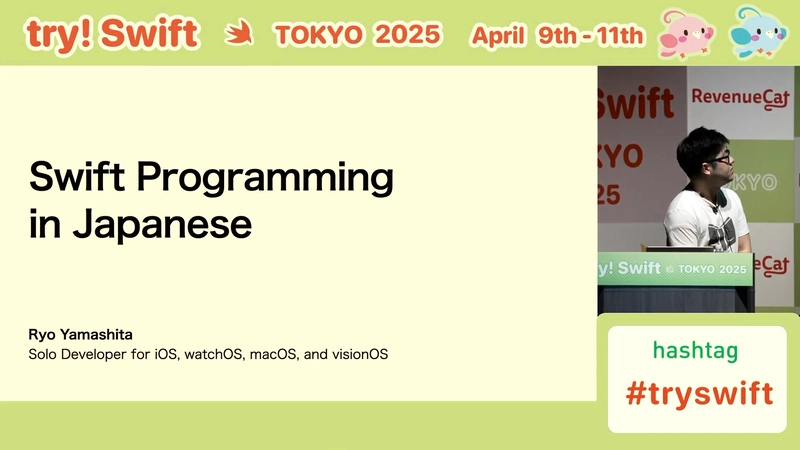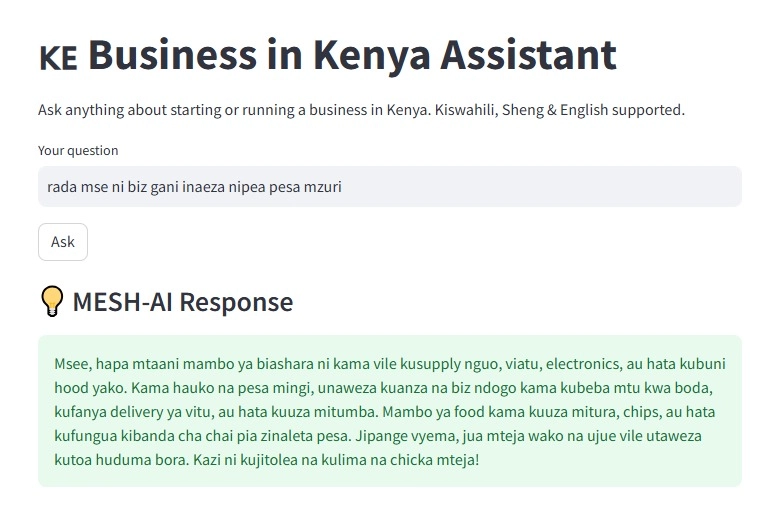The KISS Principle
Before moving into the DRY principle, let's understand the goals of a good programmer: Solving Problems Writing Amazing Code Maintainsability Simplicity Cleanliness Optimization Why write clean, simple, and maintainable code? You're writing for humans. Whether it's for a team. When you revisit your code 6 months later, it must be understandable by you. Is there a standard way to write clean code? Yes! Here are some principles: DRY KISS YAGNI SOLID As developers, we understand that complexity can often impede progress. Simplicity is essential for effective development. Among the various principles developers follow, the KISS Principle stands out as a guide for maintaining simplicity in our code. Let's Deep Dive... In this article, we will cover: What is KISS? Why is it Important? How to Apply it? When Not to Use it? Disadvantages of DRY What is KISS? KISS stands for Keep It Simple, Stupid. It emphasizes the importance of keeping things simple in design and implementation. The idea is to avoid unnecessary complexity and focus on creating solutions that are easy to understand, efficient, and easy to maintain. The KISS principle is all about simplicity in software development. It encourages creating software that is: Easy to understand Simple to modify Easy to extend Rather than making things complicated, the goal is to make your code straightforward and easy to work with. Example codes: Non-KISS vs KISS Non-KISS class FactorialCalculator { public: int factorial(int n) { if (n == 0) return 1; // Base case int fact = 1; for (int i = 1; i

Before moving into the DRY principle, let's understand the goals of a good programmer:
- Solving Problems
- Writing Amazing Code
- Maintainsability
- Simplicity
- Cleanliness
- Optimization
Why write clean, simple, and maintainable code?
You're writing for humans.
- Whether it's for a team.
- When you revisit your code 6 months later, it must be understandable by you.
Is there a standard way to write clean code?
Yes! Here are some principles:
- DRY
- KISS
- YAGNI
- SOLID
As developers, we understand that complexity can often impede progress.
Simplicity is essential for effective development. Among the various principles developers follow, the KISS Principle stands out as a guide for maintaining simplicity in our code.
Let's Deep Dive...
In this article, we will cover:
- What is KISS?
- Why is it Important?
- How to Apply it?
- When Not to Use it?
- Disadvantages of DRY
What is KISS?
KISS stands for Keep It Simple, Stupid. It emphasizes the importance of keeping things simple in design and implementation. The idea is to avoid unnecessary complexity and focus on creating solutions that are easy to understand, efficient, and easy to maintain.
The KISS principle is all about simplicity in software development. It encourages creating software that is:
- Easy to understand
- Simple to modify
- Easy to extend
Rather than making things complicated, the goal is to make your code straightforward and easy to work with.
Example codes: Non-KISS vs KISS
Non-KISS
class FactorialCalculator {
public:
int factorial(int n) {
if (n == 0) return 1; // Base case
int fact = 1;
for (int i = 1; i < n; i++) {
int temp = 1; // Temporary variable to store intermediate results
for (int j = 1; j <= i; j++) {
temp = j; // Multiplying repeatedly in nested loops
fact = temp; // Reassigning fact unnecessarily
}
}
return fact;
}
};
- This code violates the KISS principle by introducing unnecessary loops and a temporary variable.
KISS:
class FactorialCalculator {
public:
static int factorial(int n) {
int fact = 1;
for (int i = 1; i <= n; i++) {
fact *= i; // Directly calculating factorial in one loop
}
return fact;
}
static void main() {
int result = factorial(5);
cout << "Factorial: " << result << endl; // Output: Factorial: 120
}
};
- This code version simplifies the logic and improves readability by directly calculating the factorial in a single loop.
Why is it Important?
The KISS principle is important because it helps developers avoid the pitfalls of over-engineering and premature optimization.
- Enhanced Readability: Simple code is easier for developers to read, understand, and review, even if they are new to the project.
- Faster Debugging: Reducing complexity makes it easier to identify and resolve bugs or issues.
- Improved Collaboration: A simpler codebase allows team members to work together more effectively.
- Reduced Maintenance Costs: Simplified systems are easier to maintain, requiring less time and effort to implement changes or updates.
- Quicker Development: With fewer moving parts and straightforward designs, development processes become more efficient.
How to Apply it?
- Break Down Problems: Divide large problems into smaller, more manageable parts. This reduces complexity and makes individual components easier to understand.
- Avoid Over-engineering: Don't add features or functionality that aren't currently required. Focus on solving the problem at hand.
- Use Clear Naming Conventions: Choose meaningful names for variables, functions, and classes to make code self-explanatory.
Avoid
int x = 10;
int y = x * 10;
Better
int base_price = 10;
int total_price = base_price * 10;
- Write Modular Code: Break code into small, single-purpose functions or modules. This adheres to the Single Responsibility Principle (SRP) and keeps each piece of functionality focused and simple.
Non-KISS
class OrderProcessor {
public:
static double processOrder(Item order[], double taxRate) {
double total = 0;
for (Item item : order) {
total += item.price * item.quantity; // Calculate item totals
}
total *= taxRate; // Add tax
return total;
}
};
- Process order logic is combined into a single function
KISS
class OrderProcessor {
public:
static double calculateSubtotal(Item order[]) {
double subtotal = 0;
for (Item item : order) {
subtotal += item.price * item.quantity; // Calculate item totals
}
return subtotal;
}
static double calculateTotal(double subtotal, double taxRate) {
return subtotal * taxRate; // Add tax to subtotal
}
};
- Split into different functions.
Disadvantages of KISS
- Limited Flexibility: Simplified designs may struggle to accommodate future changes or scalability.
- Potential Oversimplification: Striving for simplicity can lead to missing critical edge cases or ignoring necessary features.
- Misinterpretation of Simplicity: Focusing on fewer lines of code can reduce clarity and readability.
- Resistance to Innovation: Over-simplicity can prevent the adoption of advanced techniques or frameworks that optimize performance.
The KISS Principle serves as a valuable guide for developers to maintain clean, straightforward codebases.
By embracing the KISS principle, we ensure that our code remains remains readable, maintainable, and error-free. Although it's essential to strike a balance between simplicity and functionality, adopting a simple approach generally leads to faster development cycles and more efficient problem-solving.











![How to contribute to the Flutter engine [Windows]](https://media2.dev.to/dynamic/image/width=800%2Cheight=%2Cfit=scale-down%2Cgravity=auto%2Cformat=auto/https%3A%2F%2Fdev-to-uploads.s3.amazonaws.com%2Fuploads%2Farticles%2F6l3gn3x9ffod81mk92vm.png)





























































